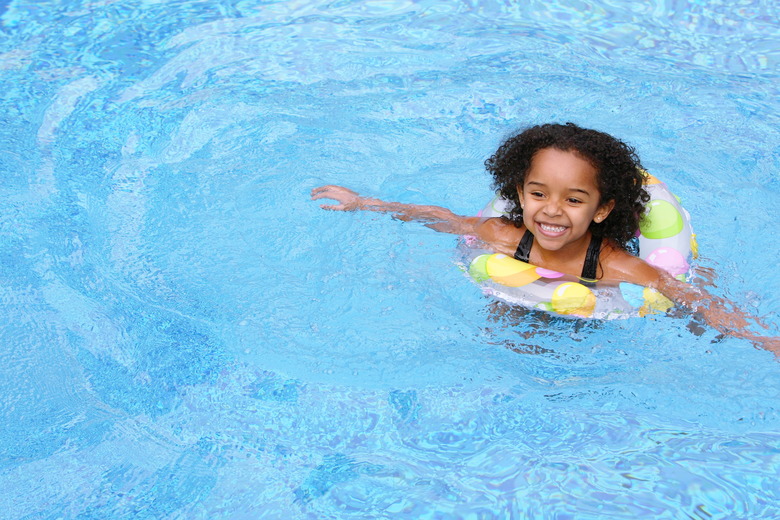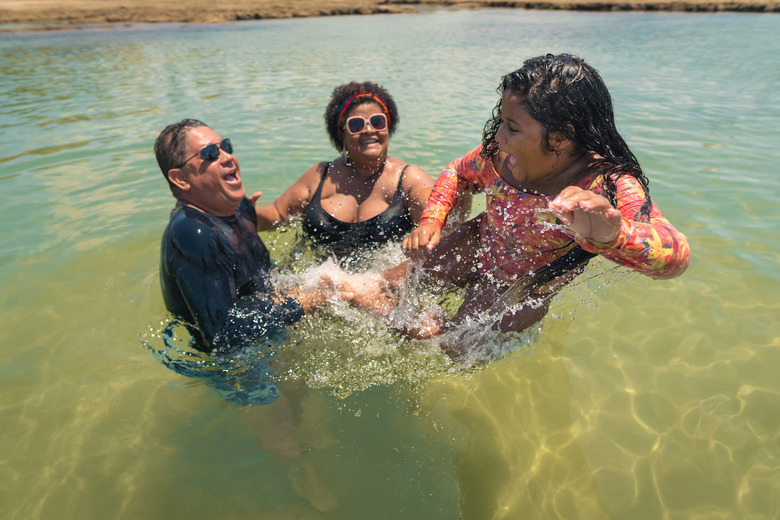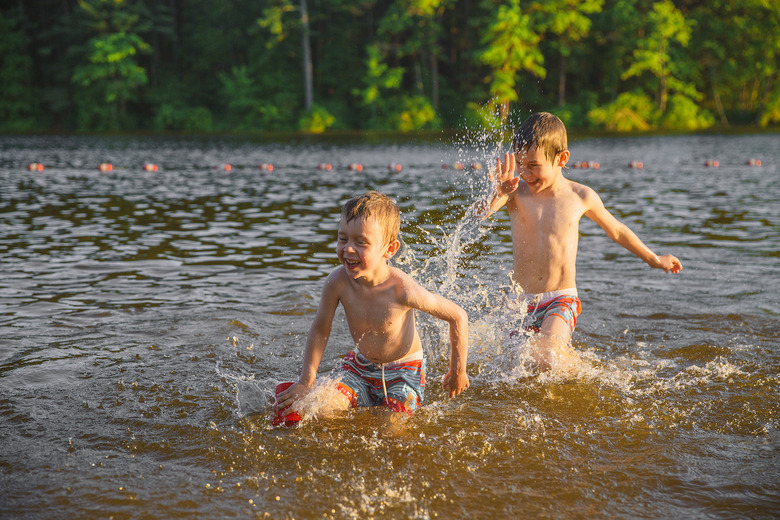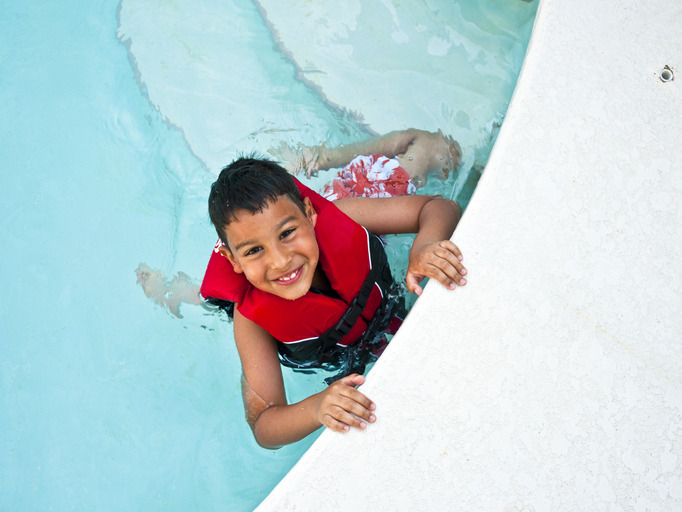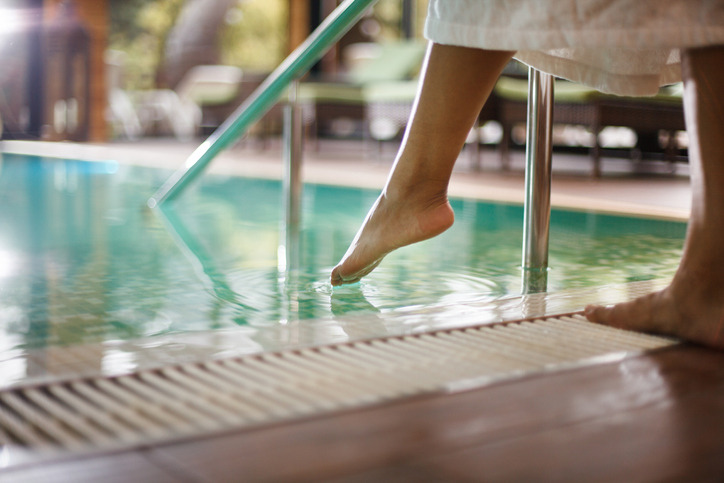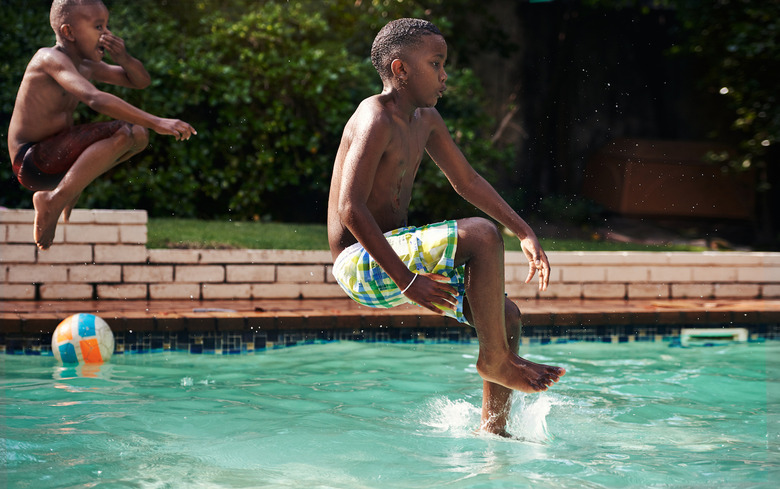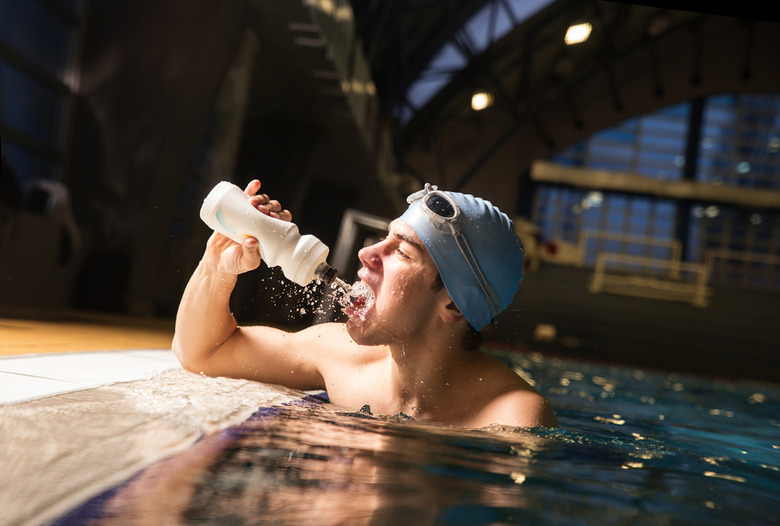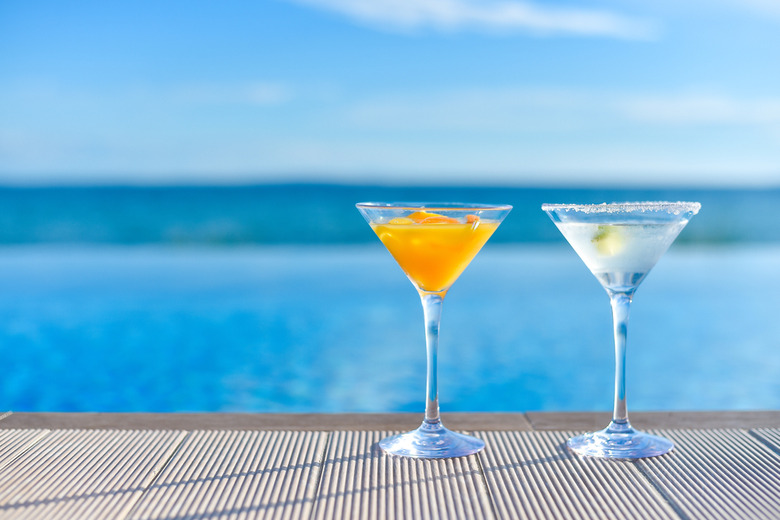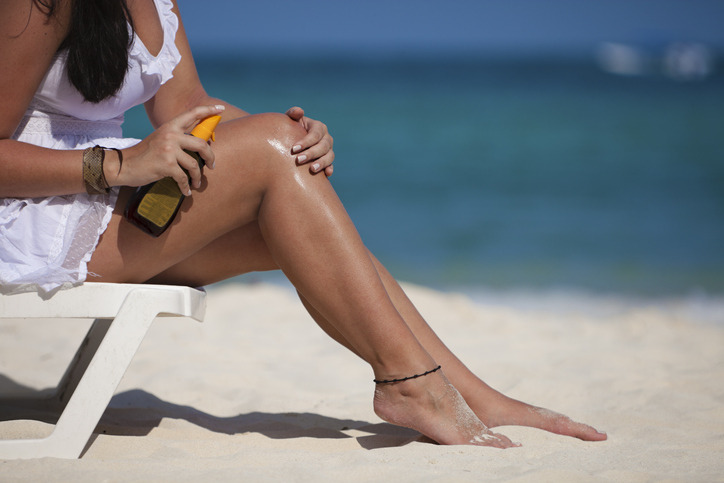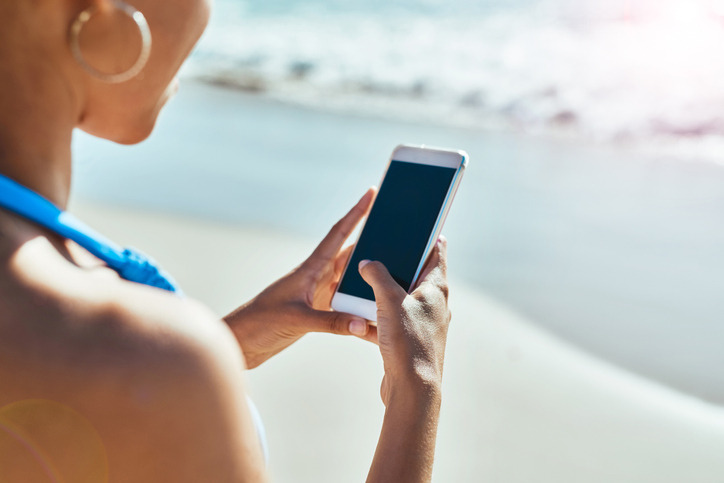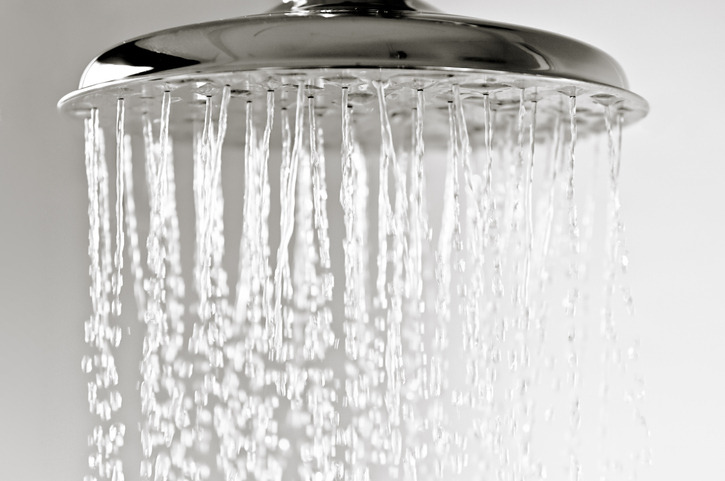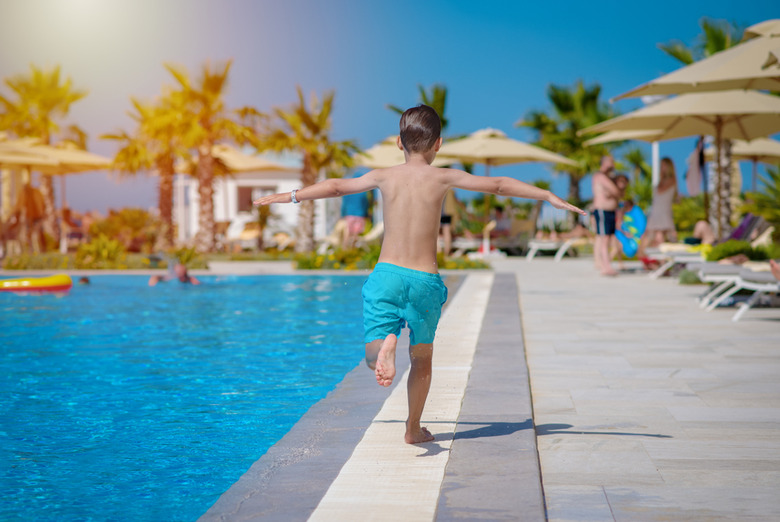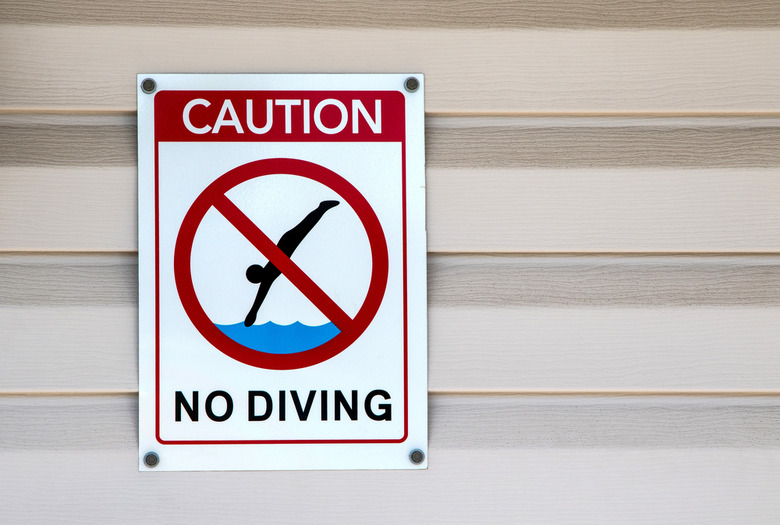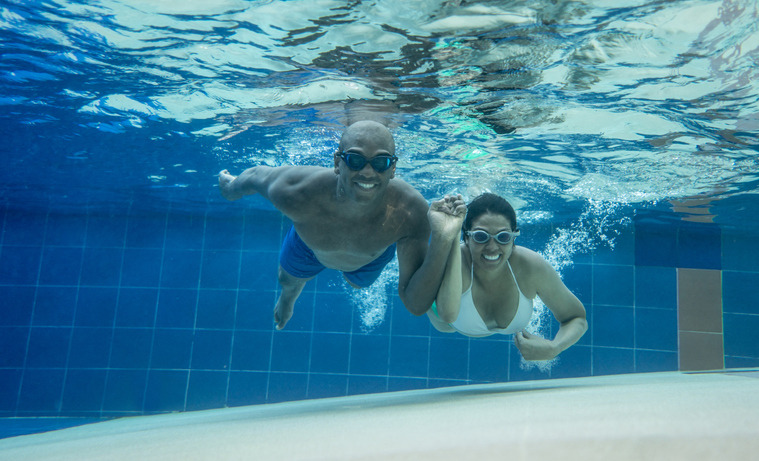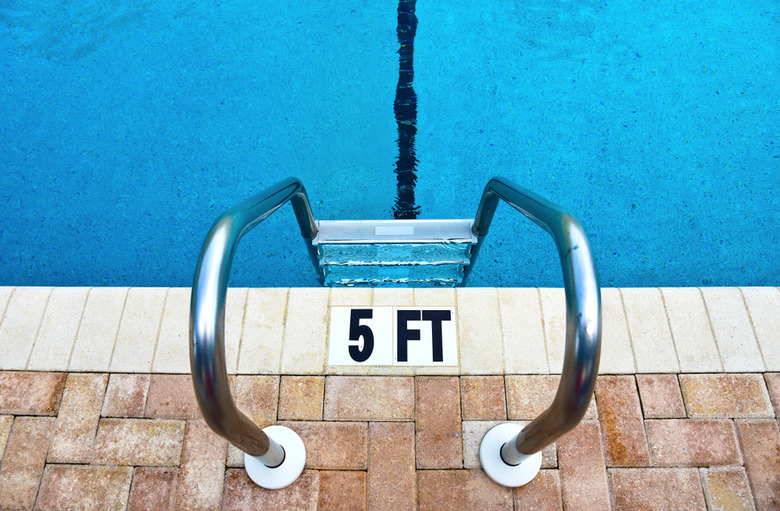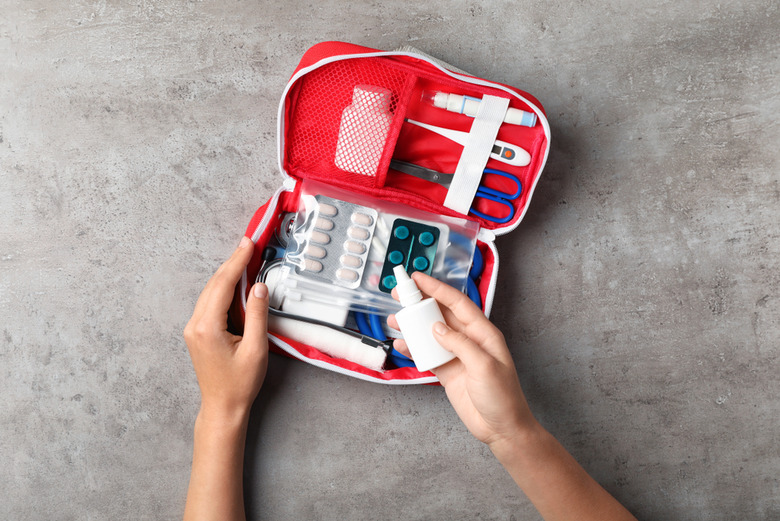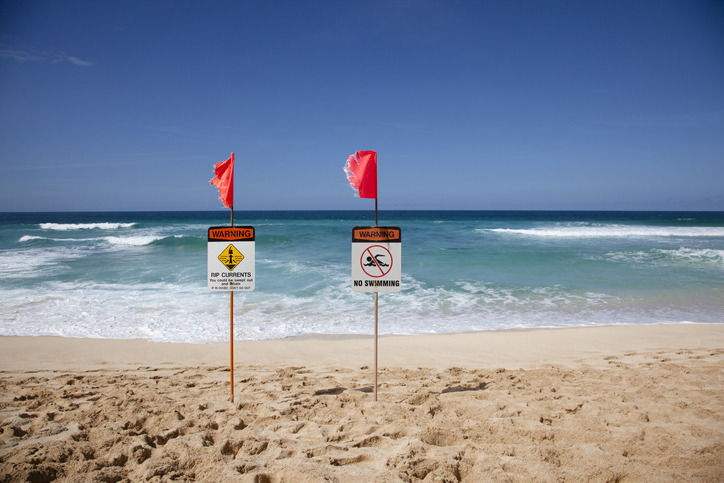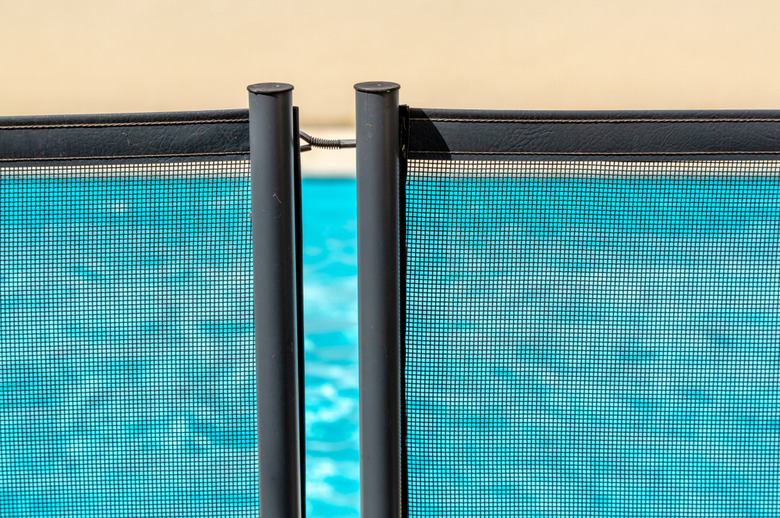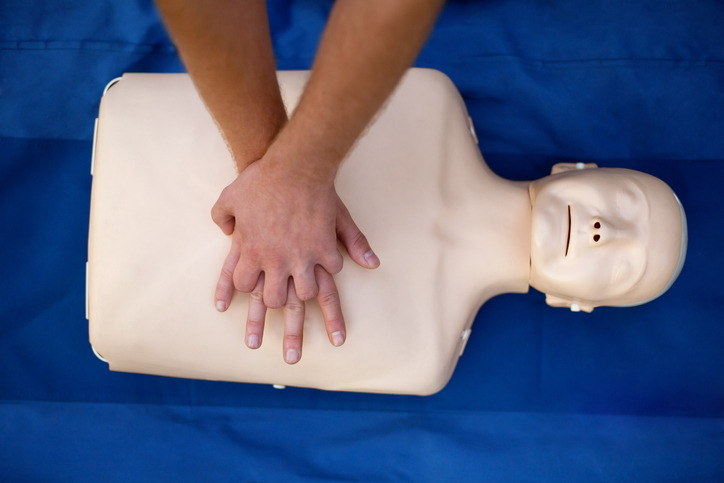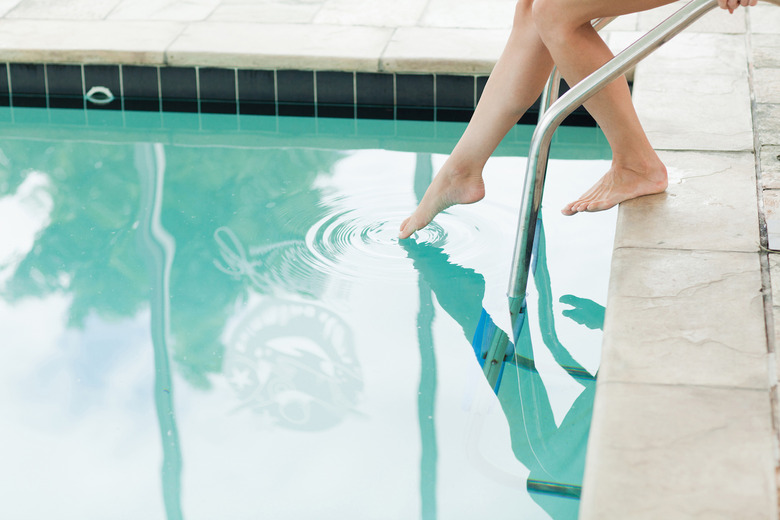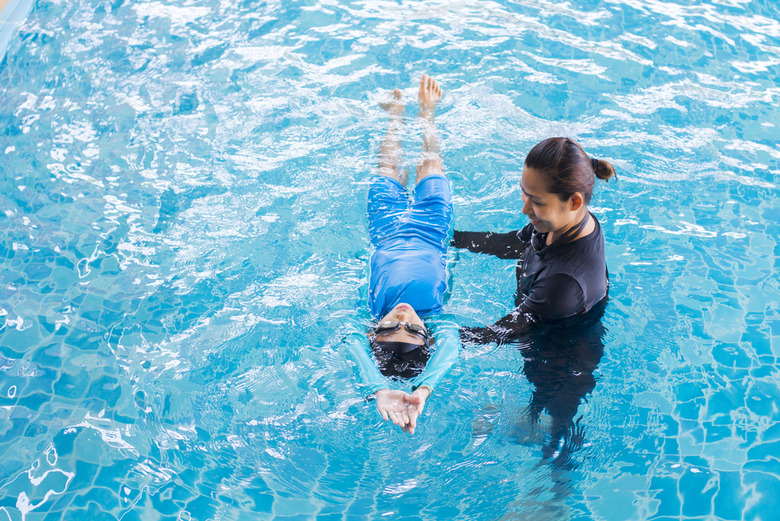Pool Safety, Beach Safety And Staying Safe Around Other Bodies Of Water
Going swimming is one of the best outdoor activities that you can do during the summer. There are some different rules for keeping your family safe at the pool versus at the lake or the beach, and it's important to be aware of them to keep your family and others safe.
Always swim with someone
Whether you are going with a friend or a family member, you should always go swimming with a buddy. A buddy can call for help if you get into trouble or your life is in danger.
Always swim in designated areas
If you're in a public place, it is important to swim in designated areas where lifeguards can easily be accessed. Consider choosing beaches, rivers, swimming pools and water parks that employ lifeguards and have them on duty.
Inexperienced swimmers should wear lifejackets
If you are an inexperienced swimmer yourself or you are with people who are inexperienced swimmers, U.S. Coast Guard-approved life jackets should be worn around the water.
Always enter water feet first
It is much safer to enter water feet first than head first. If there is debris in the water if you are at a lake or river, your feet can feel for unseen obstacles below the surface.
Watch over your kids
Although it is the job of lifeguards to watch over swimmers whether it is at a pool or any other large areas of water, they are not there specifically to watch over your children. It is your responsibility to make sure your kids are not doing things they should not be doing but in public places or in your own backyard pool.
Drink water regularly
Drinking water, even when you are not thirsty, is important to keep yourself hydrated, especially if you are spending time in the summer heat. This also means people around you should be drinking enough water too.
Avoid alcohol use
It may seem like a good idea to crack open a beer if you're hanging out by the pool or you're distancing in a public place that allows drinks, but it's important to avoid alcohol use, especially if you plan on swimming. Alcohol can impair judgment and coordination when you are swimming, so opt for a mocktail instead.
Protect your skin
People tend to go swimming when the sun is out, so it is important that you protect your skin from the sun. Limit the amount of sun that your skin is exposed to throughout the day if you are near water. You should also wear and frequently reapply sunscreen. Hats, sunglasses and rash guards are also gear to consider.
Avoid distractions
Especially if you are with your family, it is important that you avoid distractions when you are supervising kids around water. This may include using headphones or your phone.
Shower before swimming
Showering thoroughly with soap before swimming can help remove perspiration, body oils, cosmetics and traces of urine and fecal matter on the body. Those are all bacteria that you do not want to share with other people who are swimming in the water.
Don’t run around the pool
Especially when you are around a pool area, it is important that you do not run because it is easy to slip, which may cause injuries.
No diving means no diving
Cool pools may have a diving board, but if they don't, then you should not dive in the water. The water may be more shallow than you think and that dive may result in injury.
Know your own abilities
Know your limitations. If you do not know how to keep your head above water or are not a great swimmer, then you should not be in an area of the water that is too deep or wade out too far into an ocean or lake.
Check water depth before getting in
Before you get in the pool, lake or ocean, check the depth of the water in the area you plan to swim in. Be proactive in your safety instead of jumping in the water without knowing how deep it is.
Have appropriate equipment
Along with having life jackets for inexperienced swimmers, it is important to have equipment such as a cell phone, a first aid kit and reaching or throwing safety equipment in case someone gets stuck.
Getting out of a rip current can be counterintuitive
Swimming in a pool is different than swimming in a lake or a river. More strength is needed to handle currents. If you do end up getting caught in a current, do not try to fight it. Try to stay calm and float with it and swim parallel to the shore until you can swim free.
Install and use water barriers
If you do have a pool at home, make sure to keep it secure with appropriate barriers like gates and fencing with locks. This prevents children from accessing it and also prevents people from accidentally falling in.
You can get CPR training
CPR training doesn't have to be for just lifeguards and professionals. The Red Cross offers classes and certifications on CPR for parents and caregivers.
Don’t underestimate a dangerous situation
Although playing in the water is a great kid-friendly activity, it is important to know that swimming can be dangerous. Do not underestimate a dangerous situation in the water, such as if a person is drowning or being pulled by a current. Treat these potentially deadly situations with urgency and seriousness.
Ensure everyone in your family knows how to swim
Everyone will be much safer and have a much more fun time if they know how to swim. Teaching children to swim and how to have safe fun in the water is just one thing every parent should do in their lifetime.
More From The Active Times:
Summer Activities for Kids at Home
Beach Photos From Days Gone By
The 50 Best Beaches in the World
Hurricane Season: How to Prepare Your Home According to FEMA
How to Stay Safe in a Tornado, Hurricane or Other Natural Disaster
